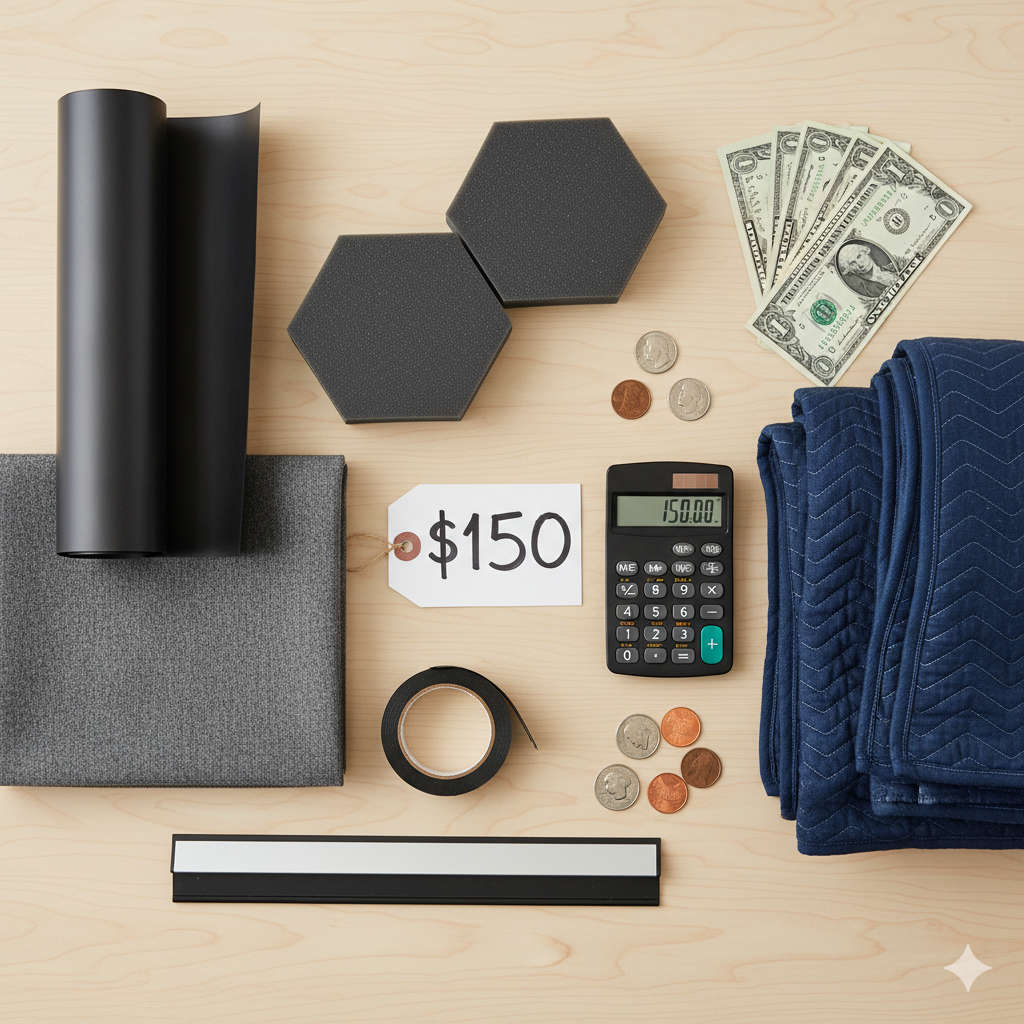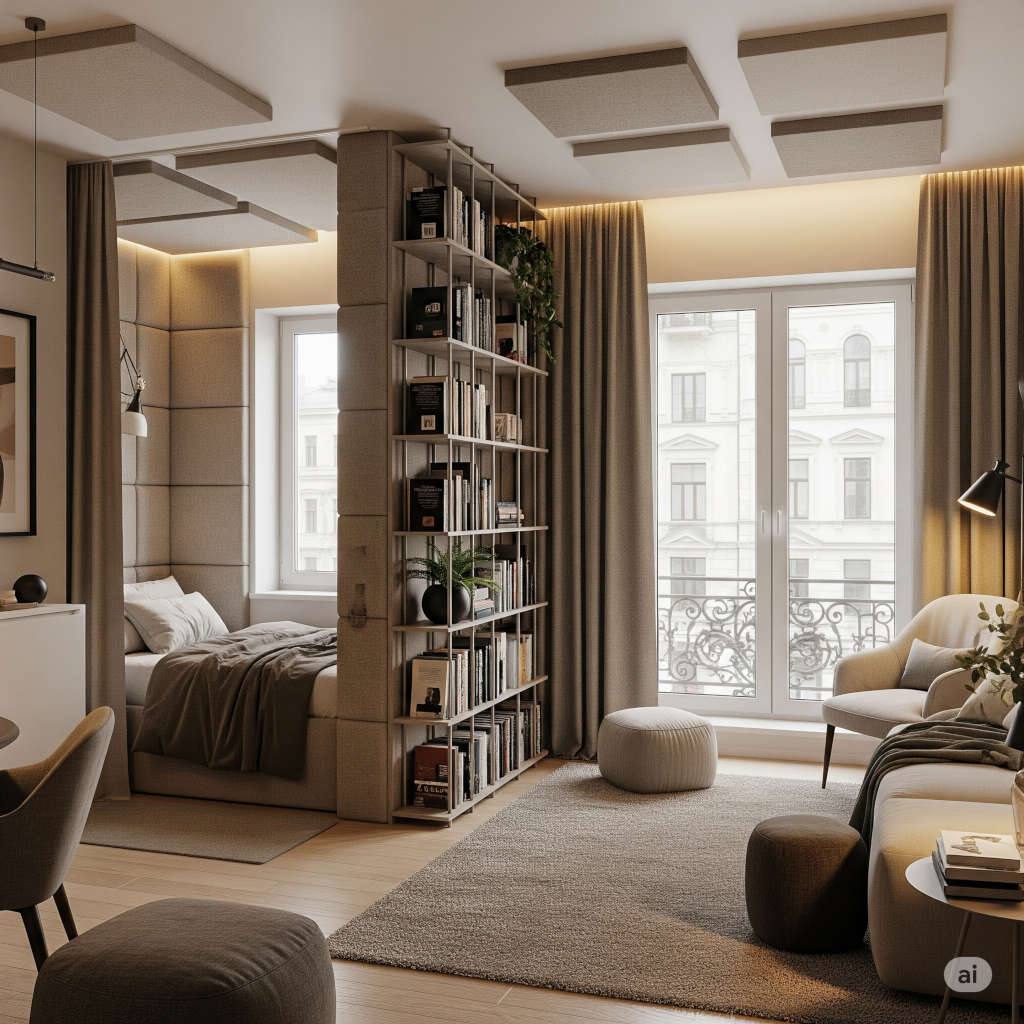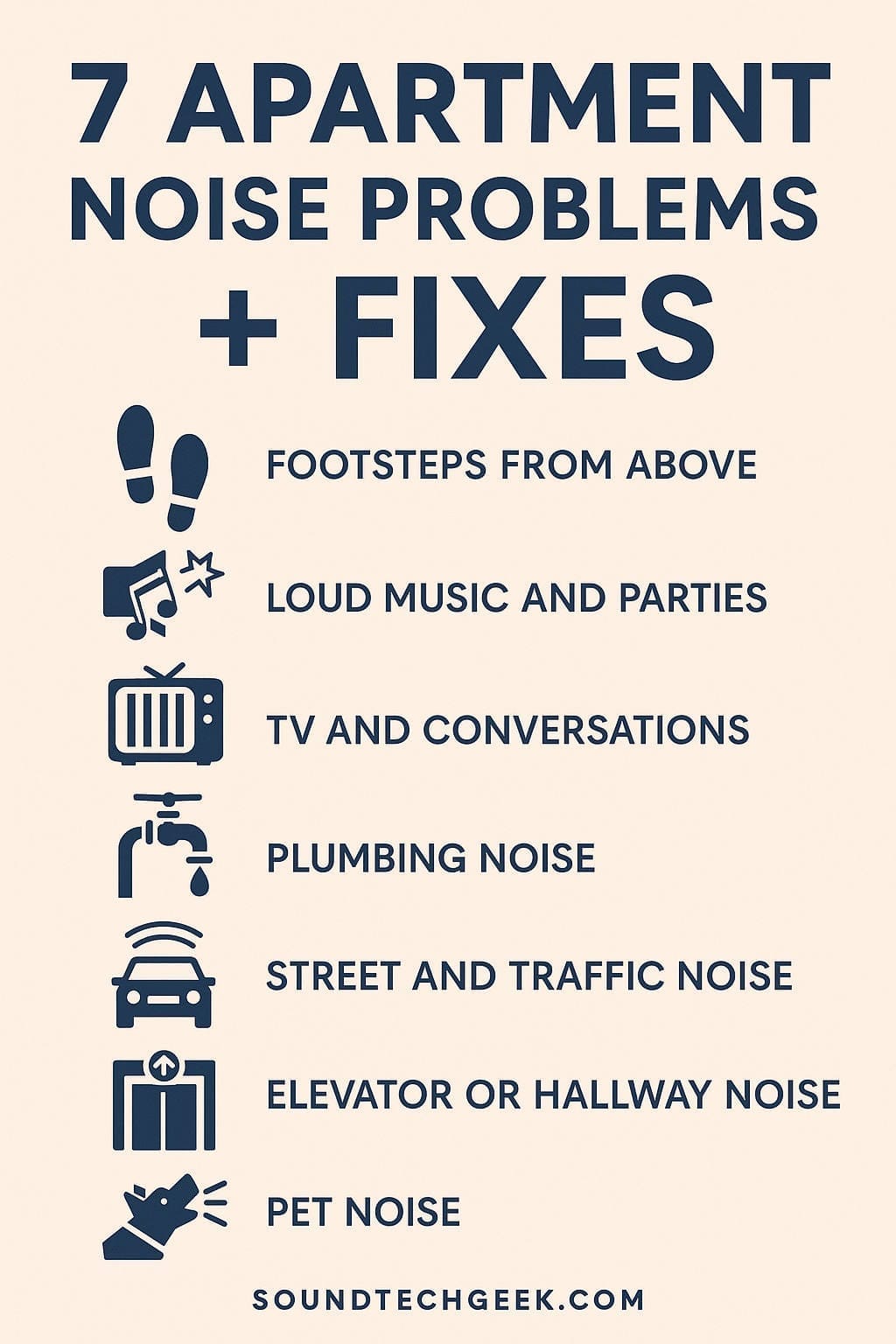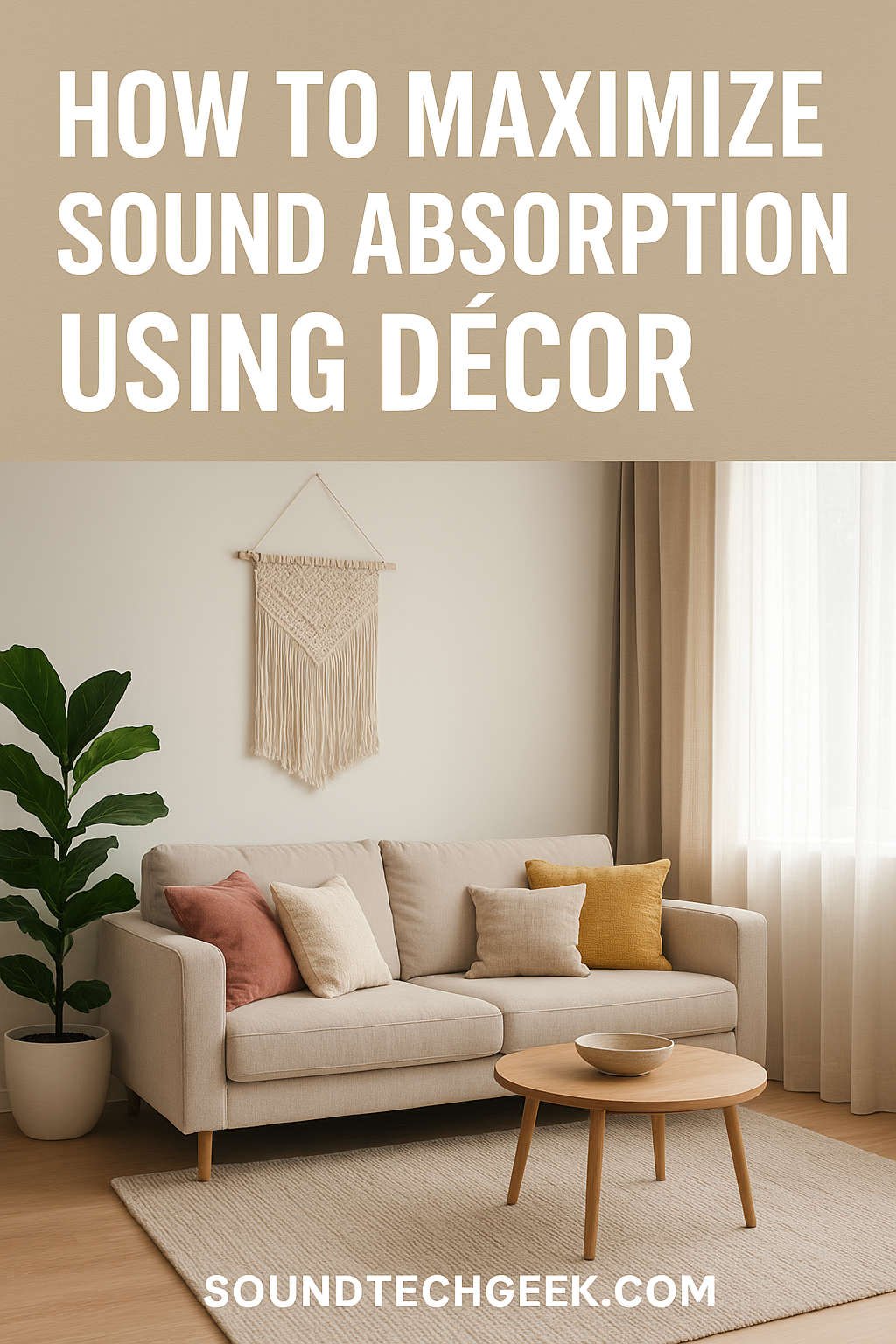In our fast-paced, digitally driven world, peace and quiet have become rare luxuries. Most of us are constantly surrounded by a barrage of noise—car horns, buzzing appliances, televisions, social media notifications, loud conversations, barking dogs, and the hum of city life. It’s easy to forget what true silence feels like.
But here’s the truth: the environment we live in plays a massive role in our mental, physical, and emotional well-being. And often, the simplest improvement we can make is reducing the noise in our homes.
A quieter home isn’t just about eliminating sound; it’s about creating space for calm, clarity, comfort, and connection. Whether you live in a busy apartment building or a suburban home, embracing quiet can transform your quality of life.
Let’s dive into the 10 powerful, research-backed benefits of a quieter home—and why creating one might be the best decision you ever make.
1. Quieter Homes Help Lower Stress Levels
One of the most significant impacts of noise—especially when it’s persistent or unpredictable—is chronic stress. Constant background noise keeps your brain on high alert, whether you’re aware of it or not. This leads to a subtle yet constant release of stress hormones like cortisol and adrenaline.
Over time, that stress builds up. You feel more irritable, anxious, and drained—sometimes without even knowing why.
Creating a quieter home allows your nervous system to finally relax. With fewer external sounds triggering stress responses, your body has a chance to enter a calm, parasympathetic state—the same state responsible for healing, digestion, and relaxation.
Tip: Soundproofing your bedroom, using rugs to absorb sound, or even incorporating white noise can significantly reduce stress-inducing background noise.
2. You’ll Sleep Deeper, Longer, and Better
Sleep is one of the most underrated pillars of health. But even if you’re getting the recommended 7–9 hours, you might not be getting quality sleep if you’re surrounded by ambient noise.
Research shows that even low-level noises—like traffic outside or a ticking clock—can disrupt your REM cycles. And every time your sleep is interrupted, your brain doesn’t get the deep rest it needs to recharge.
A quieter home, especially at night, promotes uninterrupted, high-quality sleep. That means waking up feeling refreshed, alert, and ready to take on the day.
Home Hack: Install blackout curtains with sound insulation. They’re a two-in-one solution for reducing light and outside noise while improving your sleep environment.
3. It’s a Game-Changer for Focus and Productivity
If you’ve ever tried working, reading, or studying in a noisy space, you know how difficult it is to concentrate. Your brain has to work overtime to block out distractions—and that drains mental energy fast.
In contrast, a quieter home creates the ideal environment for deep focus. Without background noise competing for your attention, you’re able to stay in the zone longer and get more done in less time.
Whether you’re working remotely, managing a side hustle, or just handling daily tasks, reducing noise distractions helps you be more efficient—and less frustrated.
Pro Tip: Use noise-absorbing decor like thick curtains, cushioned furniture, wall hangings, and bookshelves to create a more focused atmosphere.
4. It Nurtures Mental Clarity and Emotional Balance
When the world around you is loud and chaotic, your thoughts often feel the same. But silence creates space—space to think, reflect, and breathe.
A quieter home nurtures mental clarity, helping you untangle your thoughts and tap into your inner voice. You start to notice your own needs, feelings, and ideas more clearly. This is especially important in an age when we’re constantly bombarded with information and opinions from others.
Silence also helps you process emotions in a healthy way. Instead of reacting impulsively, you gain the clarity to respond thoughtfully—whether it’s to your kids, your partner, or your own internal struggles.
Mindful Moment: Try setting aside 15 minutes a day to sit in complete silence. Let your mind wander. You’ll be surprised how refreshing it is.
5. Communication Improves in a Calmer Soundscape
Think about how many arguments or misunderstandings stem from miscommunication—often because people are talking over the TV, multitasking, or distracted by noise. In a quieter environment, these distractions fade.
A quieter home encourages active listening. When noise is reduced, people speak more calmly, listen more intently, and connect more deeply.
Whether it’s with your spouse, children, roommates, or guests, conversations become more meaningful in a peaceful space. It sets the tone for respect, patience, and emotional presence.
Practice This: Create a “no-device dinner” rule where all electronics are turned off. Let mealtime be a time for real conversation without background noise.
6. Your Home Becomes a True Sanctuary
We often talk about creating a home that’s cozy, welcoming, and comforting—but that feeling can’t exist if the space is filled with chaotic sounds.
Noise contributes to the feeling of disorder. It can make a clean room feel cluttered or an open space feel overwhelming. On the flip side, peace and quiet bring harmony to your environment.
A quieter home feels like a personal retreat—a place where you can truly rest, recharge, and be yourself.
Interior Design Tip: Stick to soft textures, earthy tones, and natural materials like wood and cotton. These design choices not only absorb sound but promote a sense of calm.
7. Long-Term Health Benefits You Can Feel
Prolonged noise exposure doesn’t just affect your mood—it impacts your body. Studies show that excessive noise, especially in urban environments, is linked to increased blood pressure, heart disease, and even hearing loss.
Reducing noise in your home isn’t just about comfort; it’s a preventative health measure. The more time you spend in a quiet, low-stress environment, the better your heart, brain, and immune system function.
Real Talk: You can’t always control the outside world, but you can take ownership of your home’s sound environment. Your future self will thank you.
8. Children Benefit Immensely from Peaceful Spaces
Kids are more sensitive to noise than adults—and the impact goes beyond temporary irritation. Excessive sound can negatively affect cognitive development, behavior, and emotional regulation.
A noisy home often leads to overstimulation, hyperactivity, and difficulty concentrating. On the other hand, a quieter home provides the structure and calm kids need to grow, learn, and thrive.
From nap time to homework time, peaceful surroundings set them up for success.
Parenting Tip: Make bedtime a screen-free, quiet ritual. Soft lighting, quiet stories, and gentle music (or silence) help children transition into sleep peacefully.
9. It Encourages More Mindful, Present Living
A noisy home often means a distracted mind. You’re jumping from sound to sound, task to task, thought to thought. But when you reduce the noise around you, something shifts: you become more aware of the present moment.
You start to savor things more—the smell of coffee brewing, the softness of a blanket, the way morning light spills across the floor. Silence reconnects you with your senses, which is the core of mindfulness.
You don’t have to meditate to live mindfully. Simply creating a quieter space makes it easier to feel grounded, aware, and content.
Mindfulness Habit: Once a day, do something silently—whether it’s folding laundry or sipping tea. No music. No background TV. Just you and the moment.
10. Embracing Quiet Leads to a Simpler, More Intentional Lifestyle
Reducing noise often goes hand-in-hand with reducing clutter. The process of simplifying your sound environment tends to spill into other areas of life.
You start to re-evaluate what matters. Maybe you turn off the TV more often. Maybe you spend less time scrolling and more time journaling, reading, or simply being.
A quieter home encourages a lifestyle that’s more intentional and less reactive. You consume less, stress less, and connect more with the things and people that matter.
Declutter with Purpose: Ask yourself, “Does this add peace or noise to my life?” It’s a powerful filter for everything from home decor to daily habits.
How to Start Creating a Quieter Home—Step by Step
Creating a peaceful home doesn’t require a complete renovation. Small, consistent changes make a big difference.
Here are 10 easy ways to get started:
- Use rugs and carpets to absorb sound—especially in high-traffic areas.
- Seal windows and doors to keep outside noise from creeping in.
- Add curtains or fabric wall panels to reduce echoes.
- Turn off background TV when no one is actively watching.
- Designate quiet hours during the day or evening.
- Invest in noise-cancelling machines or air purifiers with white noise features.
- Replace loud appliances with quieter models (especially dishwashers and washing machines).
- Limit phone and screen use during family time.
- Use bookshelves and furniture to block and absorb sound.
- Practice daily silence—no distractions, no noise, just stillness.
Final Thoughts: Quiet Isn’t Empty—It’s Full of Possibility
In a world that never stops talking, a quieter home is a powerful form of rebellion. It’s a conscious decision to slow down, tune in, and create a space where peace is possible.
The benefits of a quieter home go far beyond comfort. It affects every area of your life—your stress levels, your sleep, your focus, your relationships, your health, and your happiness.
You don’t have to live in the countryside or install professional soundproofing to enjoy these benefits. You just need to be intentional. A few small changes can create a massive shift in how your home feels—and how you feel inside it.
So, turn down the noise. Embrace the silence. Let your home become the sanctuary you deserve.
Quick Recap: 10 Reasons to Make Your Home Quieter
- Reduces stress and anxiety
- Improves sleep quality
- Boosts focus and productivity
- Supports mental clarity and emotional balance
- Enhances communication and relationships
- Creates a calm, welcoming home atmosphere
- Offers long-term health benefits
- Supports children’s development and emotional stability
- Promotes mindful, present living
- Encourages a simpler, more intentional lifestyle
You might also like,
How to Soundproof Your Home on a Budget: DIY Tips That Actually Work





